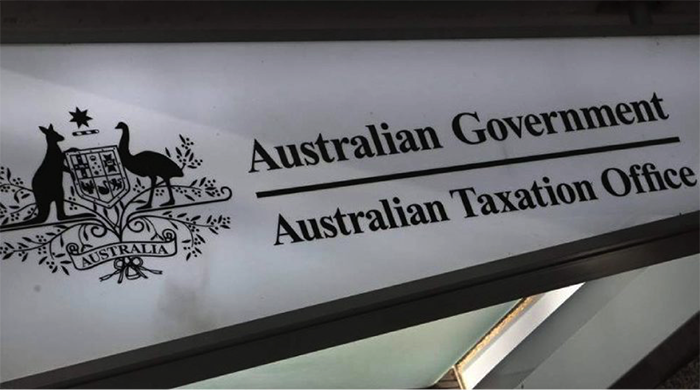Undeclared cash income in ATO sights
Adrian Flores
September 20, 2018
The Tax Office has put cash income unreported by taxpayers on its agenda in a continuation of its compliance crackdown on work-related expenses.
The ATO said it is on a mission to recover an annual tax shortfall of almost $1.4 billion caused by individuals who leave income out of their return.
According to assistant commissioner Kath Anderson, some Australians don’t realise they need to report all their cash income.
“The most common mistake we see is taxpayers leaving out cash wages. But we are also seeing taxpayers either deliberately or accidentally failing to include income from second jobs, capital gains on cryptocurrency, the sharing economy, the gig economy, and foreign-sourced income,” Ms Anderson said.
Penalties for taxpayers who leave out income to avoid paying their fair share of tax can range from 25 per cent up to 75 per cent of the shortfall in addition to paying the money owed, the ATO said.
In addition, it is also developing advanced analytical tools to analyse the vast amount of data it receives to identify instances where income has gone unreported.
“It will not only make tax returns faster and easier for taxpayers, but will also help us identify people who are failing to declare income,” Ms Anderson said.
“Our compliance models have already auto-adjusted more than 112,000 tax returns in July and August, recouping $53 million.”
The ATO will look into taxpayers earning income overseas but not paying tax, drawing data obtained from AUSTRAC (Australian Transaction Reports and Analysis Centre), FATCA (Foreign Account Tax Compliance Act) and other international exchange of information agreements.
From September, the ATO will also exchange information with over 100 foreign tax authorities under the Common Reporting Standard (CRS) to identify Australian residents with sources of foreign income.
“We are concerned that taxpayers may be failing to include foreign income from pensions, employment, investments, business income or capital gains on overseas assets,” Ms Anderson said.
“The collection of this additional data will help us identify people who are deliberately omitting income from their tax return, but will also help those who have several streams of income who find it hard to keep accurate records.”
© Institute of Public Accountants, ABN 81 004 130 643

